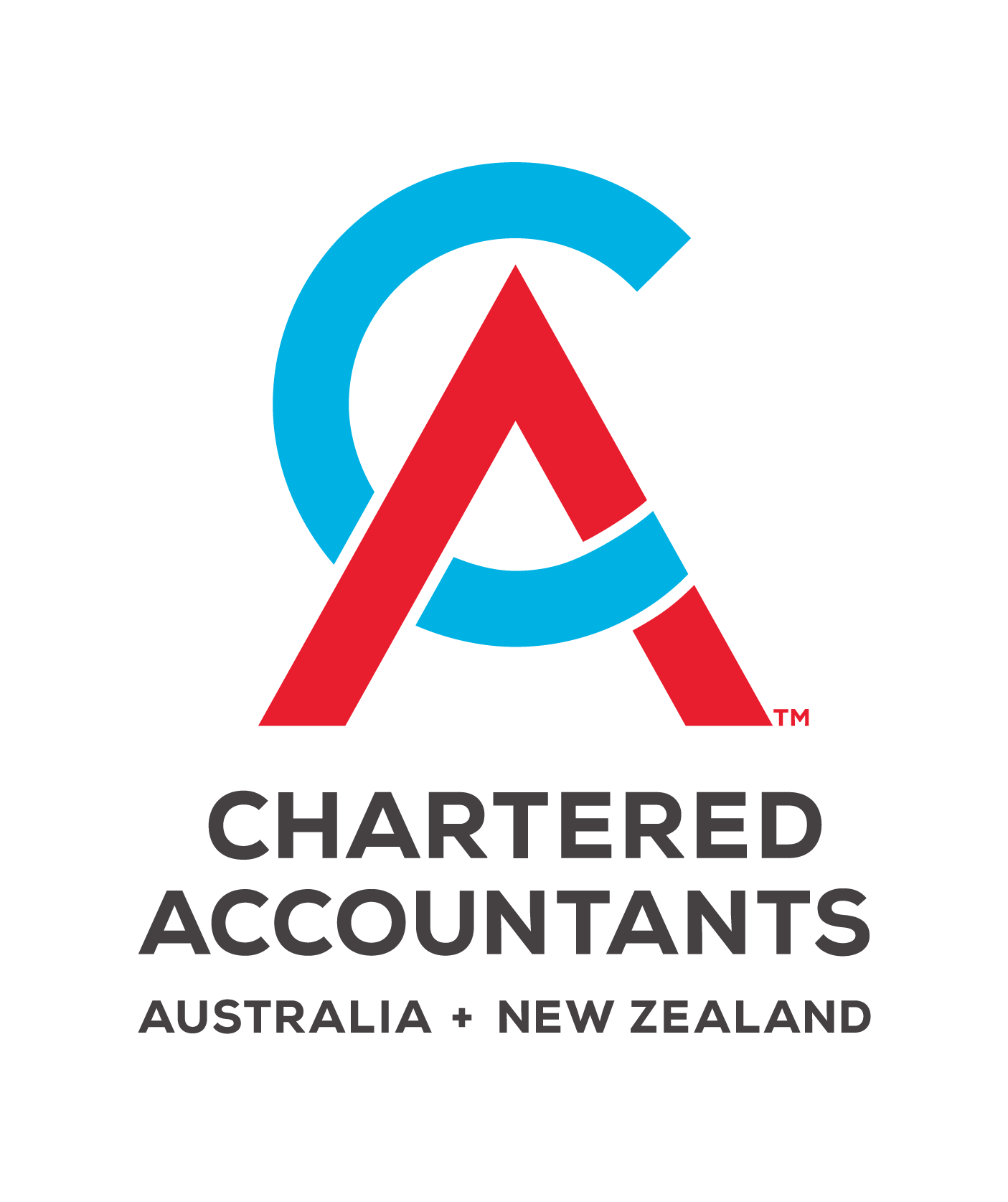News Articles
It's not uncommon that new business owners attempt to manage their finances independently; the potential consequences of overlooking the expertise of an accountant can be detrimental for any business startup. Here’s why.
What are the pitfalls that can arise?
While it might seem like accountants are for businesses that have been running for years, this is certainly a misconception. Guidance during the startup phase ensures you choose the right business structure for your personal circumstances, including the setup and establishment of your operating entity. Furthermore, the establishment and setup of software and business operations such as budgeting, cashflow management, management reports, etc.
Without this guidance, it may mean a startup does not meet compliance requirements, such as tax and financial, just to name a few. Having an accountant on board can ensure that a business venture remains fully compliant and avoids potential pitfalls.
At Brentnalls SA, we have tailored a “New Business Start Up Package” that covers all the requirements needed for a successful launch of your new venture.

What are the reasons why you should always have an accountant?
- Qualified expert on your side: One of the primary reasons why startups should use an accountant is the comprehensive financial expertise that these professionals bring to the table. Accountants are well-versed in managing day-to-day financial transactions and possess in-depth knowledge of tax laws, financial regulations, and compliance requirements. Furthermore, accountants are qualified at providing strategic financial advice, budgeting, forecasting, and business advisory, all essential for a business's long-term sustainability and growth.
- Risk management:
An accountant’s role is to minimise errors and mitigate risks within an organisation's financial operations. Using their knowledge and tools around financial reporting helps identify potential areas of financial risk. They bring precision and scrutiny essential for sound decision-making, and by ensuring that financial records are correct and up-to-date, they empower businesses to make informed decisions based on reliable financial data.
- Tax management:
Tax management is critical for businesses of all sizes. Accountants possess the knowledge and skills to navigate the intricate terrain of state and federal tax laws and regulations. Furthermore, by leveraging available tax deductions, credits, and incentives, accountants can help businesses minimise tax liabilities and optimise their financial position, all while remaining fully compliant.
- Strategic business planning:
Effective business planning and decision-making rely heavily on accurate and insightful financial records. Accountants provide economic data and analysis necessary for strategic planning along with guidance on investment decisions and business management. Their ability to interpret financial statements, identify key performance indicators, and assess the economic implications of various business strategies empowers business owners to make sound, data-driven decisions, ensuring opportunities for growth and expansion.
- Enhancing financial transparency and credibility: An accountant’s involvement can enhance the credibility of a business's financial statements, instilling confidence in stakeholders and facilitating positive relationships with lenders, investors, and other key partners. Maintaining high financial transparency and credibility is essential for businesses, particularly when seeking external financing, partnerships, or investment opportunities. With their business advisory function, accountants can ensure the business is well-positioned to capitalise on external opportunities.
- The drawbacks of missed opportunities: As previously explained, neglecting to engage an accountant's services can lead to many missed opportunities and detrimental outcomes for businesses. For instance, without professional financial guidance, businesses may miss out on tax-saving opportunities, inaccurately assess their financial performance, make uninformed investment decisions, and expose themselves to heightened economic and legal risks. Ultimately, the drawbacks of missed opportunities can manifest in financial inefficiencies, missed cost-saving measures, and a lack of strategic direction, all of which can hinder a business's long-term success and sustainability.
We go beyond traditional accounting. We recognise that each financial journey is unique, so we've crafted the "Brentnalls for Life" framework. This unique approach, consisting of three entry points, delves into the Now, Where and How of your business and personal finances. Whether you are planning for retirement, expanding your business, or tackling complex financial decisions, our goal is to equip you with the tools, advice, and independent services you need to thrive.
Our 'Brentnalls for Life' framework is not just a service; it's a proactive partner deeply committed to your long-term financial goals. This proactive approach is the cornerstone of our commitment to consistently delivering exceptional value. We offer tailored solutions that address your specific challenges and opportunities, driving your business and finances forward with tangible results.

In conclusion
Choosing an accountant is not merely a choice between managing finances independently or seeking professional assistance; it is a strategic investment in a business's financial health and prosperity. The comprehensive expertise, risk mitigation, tax efficiency, strategic guidance, and enhanced credibility provided by accountants are indispensable elements for businesses striving to thrive. By recognising the drawbacks of missed opportunities and the potential ramifications of neglecting professional financial guidance, businesses can make a compelling case for engaging the services of an accountant as an essential component of their long-term success, including their invaluable business advisory function.
If you would like to discuss further, contact us today for a no obligation meeting.
Discuss Further?
If you would like to discuss, please get in touch.
Disclaimer
The information provided in this article does not constitute advice. The information is of a general nature only and does not take into account your individual financial situation. It should not be used, relied upon, or treated as a substitute for specific professional advice. We recommend that you contact Brentnalls SA before making any decision to discuss your particular requirements or circumstances.








